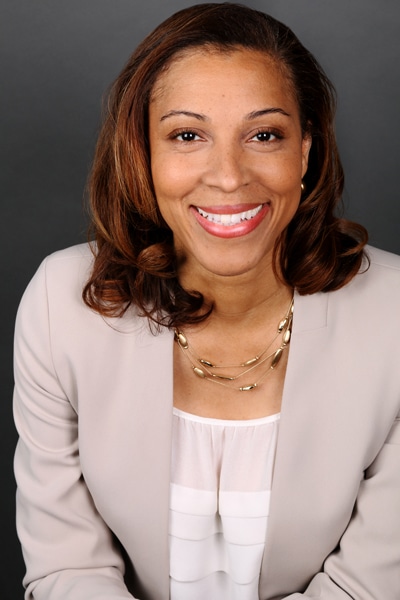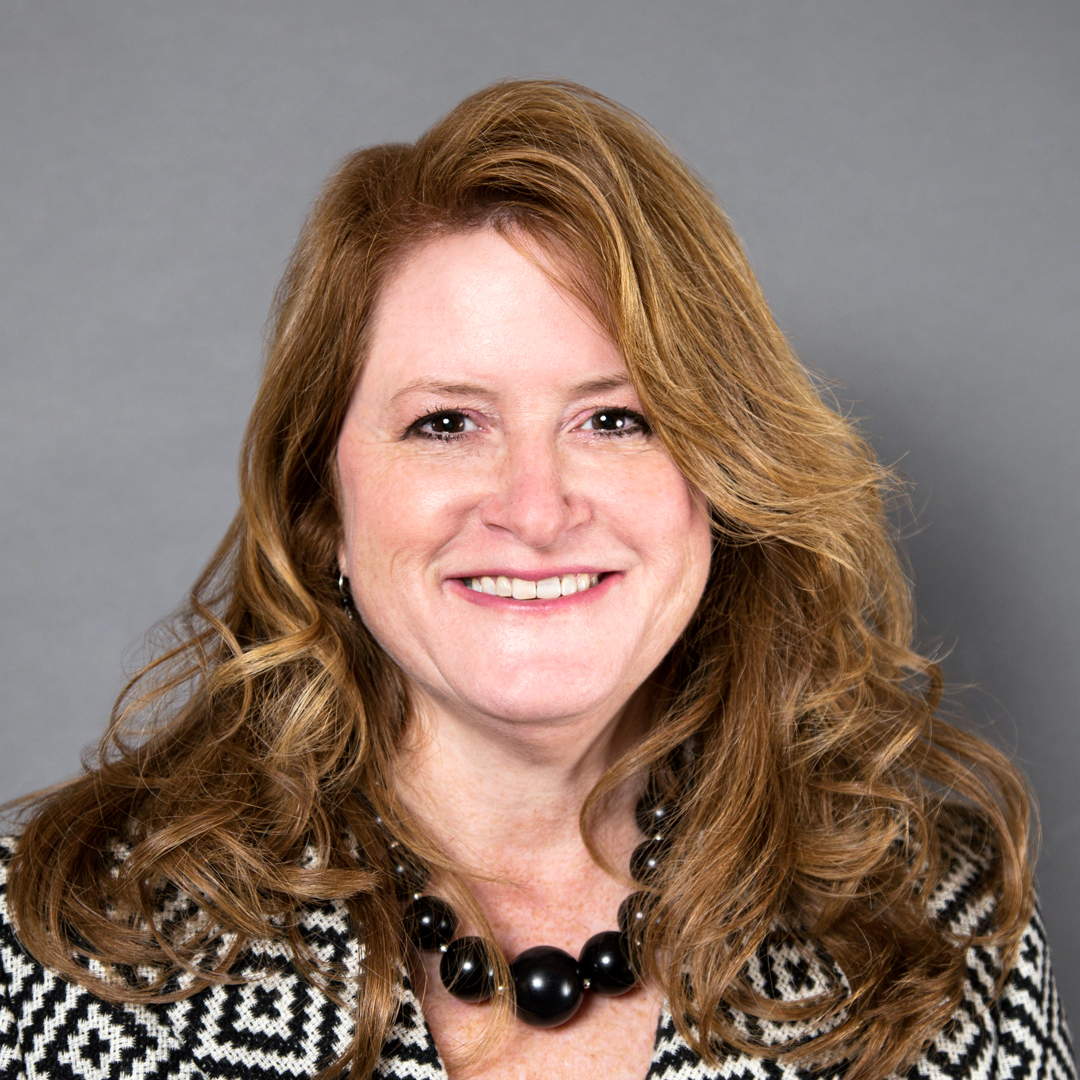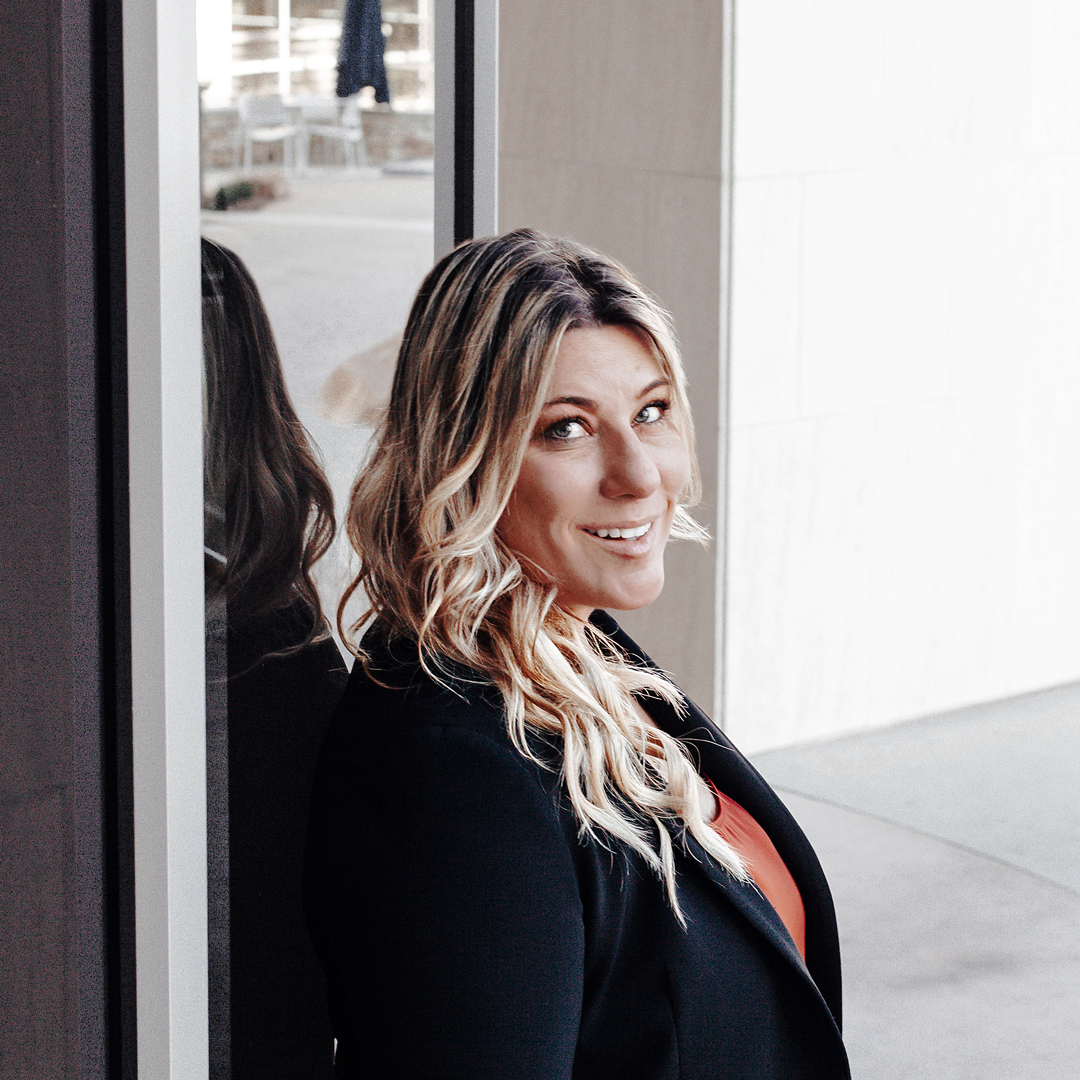|
Getting your Trinity Audio player ready... |
The magnitude of world-changing events can often seem so transformational that it’s difficult to account for the how such events can alter the trajectory of a life in ways both big and small. For Teach For America (TFA) General Counsel Tracy-Elizabeth Clay, September 11, 2001, was both intensely personal as well as occupationally jarring.
Clay’s law firm partner was in the Pentagon when hijacked American Airlines Flight 77 struck the first floor of the building. Clay’s partner wasn’t injured, but the magnitude of the day left a wider question lingering in Clay’s mind.
“I was working in one of the most prestigious law firms in Washington, DC, doing antitrust work, I was probably on track to make partner, and I wasn’t really sure how I had gotten there,” Clay remembers. “My professional path wasn’t lining up with my truest passions and interests.”
Clay had spent her early postcollege years working around marginalized communities. She was convinced she’d wind up in the policy space helping those whose voices often go ignored. But she was unexpectedly accepted to law school, and her journey simply shifted. But like so many, 9/11 was the turning point for a new direction for the young lawyer.

Living Values
Clay would connect with Teach For America founder Wendy Kopp shortly thereafter, and for the last eighteen years has put her skills to use for an organization that operates in thirty-seven states and whose student population, if combined, would account for one of the nation’s top-five largest school districts.
Teach For America seeks out leaders from top universities who are willing to teach at least two years in a traditional public or public charter school in a low-income community, a mission that Clay has aided not only in the legal field, but in acting as executive director in launching TFA’s Philadelphia region.
“When I first came here, the organization was at a place where it needed to expand, and I thought I would be here for two or three years to aid that effort,” Clay says. “Then, I assumed I’d just back into that policy space because it’s Washington, DC, and where else can you help make such a significant impact on policy? But what I found was that the work we were doing was so transformational for so many people that I just fell in love with the challenge.”
That love has been translated through a steady stream of different job titles, different regions, and expanded responsibility as TFA doubled in size and then nearly doubled again. Clay currently serves as GC and chief risk and compliance officer with an additional corporate secretary role.
“I’ve orientated to the position so that there’s no way that I or the teams I lead can be in-house experts on everything; the landscape is too diverse and too dynamic.”
The New GC Paradigm
Given Clay’s wide swath of responsibilities, and the multiple sets of federal, state, and local regulations that TFA must abide by in all of the communities it in which it operates, the GC has a very specific perspective on how her teams manage.
“I’ve orientated to the position so that there’s no way that I or the teams I lead can be in-house experts on everything; the landscape is too diverse and also too dynamic,” Clay explains. “What we’ve learned to do is really work from a risk paradigm. We constantly home in on the one or two most important things we should be focusing on, and that is always a challenging game of prioritization.” Among other things, it has meant leveraging relationships outside of the organization with partners to provide expertise when it needs to be specifically applied.
Leveraging relationships are essential for a much wider variety of reasons as well. “The most successful GCs seem to privilege people management, develop strong team cultures that bring in diverse perspectives, and exponentially increase their impact without exponentially increasing their resources,” Clay says.
The GC isn’t simply the most veteran, most tenured person to provide answers to the C-suite anymore. The job has expanded too much to make that the only box to tick off.
“Fifty percent of this might be legal skill, but the other fifty percent is being relationship-savvy and a thought partner.”
The Why
Clay says that the value her teams provide is about more than formal legal advice. “I find in my role that one of the biggest values my people bring is the relationships they form with the rest of the organization,” the GC says. “We’re able to play our risk management role much more effectively when we’re able to get in front of issues because we’re trusted partners. Fifty percent of this might be legal skill, but the other fifty percent is being relationship-savvy and a thought partner.”
The GC says that lawyers often have the reputation of being too process oriented. “I’m always, always about the impact,” Clays explains. “I’m asking ‘why’ first: what does this get us and the ‘how’ comes later.”
The approach makes sense for a lawyer who has spent eighteen years watching TFA alumni make real and fundamental changes for children across the country. The ‘why’ is so simple, and that’s what defines Clay’s own commitment to her role.
A relationship is an investment and Quarles & Brady is a law firm that understands the enduring rewards of a solid collaboration. We see goals through your eyes, and then use our experience and insight to best position you to achieve them. Your challenges are our challenges: your successes are our successes.
Patterson Belknap Webb & Tyler LLP is thrilled to congratulate our friend and colleague, Tracy-Elizabeth Clay, on this well-deserved recognition of her accomplishments. Tracy-Elizabeth is an exceptionally dedicated and thoughtful leader who inspires the best in those around her. We are proud of our close with relationship with Tracy-Elizabeth and her team at Teach for America.

